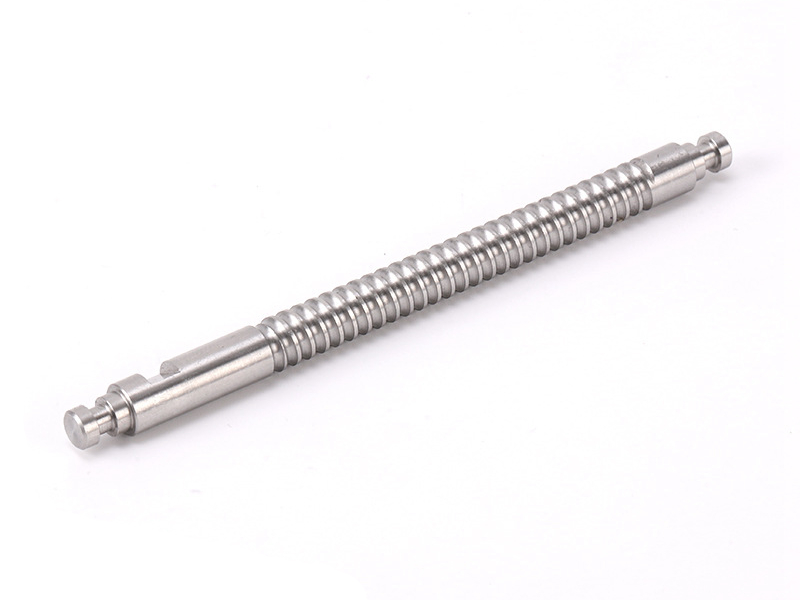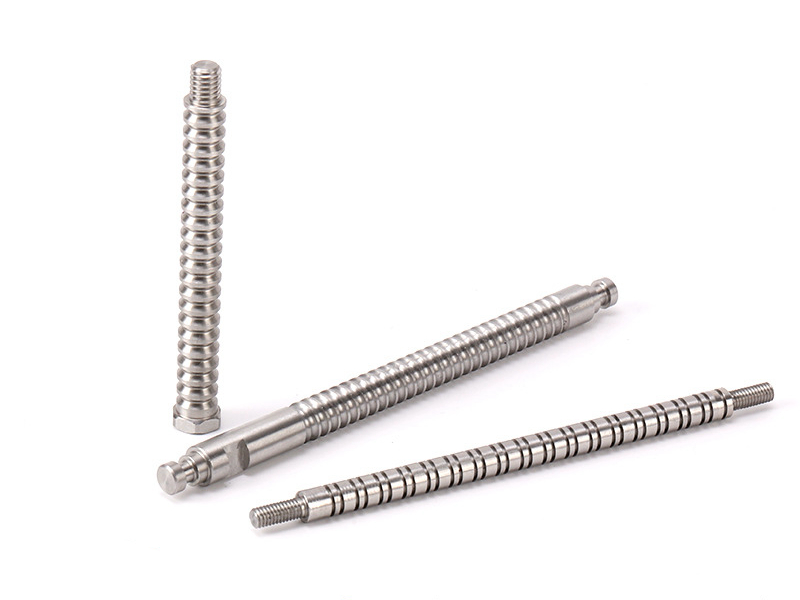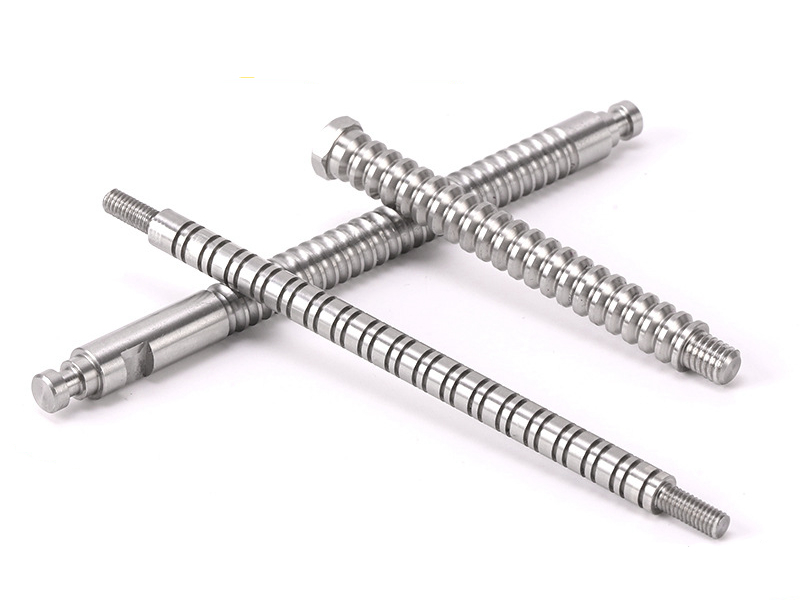CNC Machining and PVD Coating Solutions for Titanium Surgical Implants in the Medical Industry
CNC Machining of Titanium Surgical Implants: Biocompatibility, Strength, and Surface Integrity
Surgical implants demand uncompromising performance in terms of biocompatibility, dimensional precision, and mechanical reliability. In orthopedic, dental, spinal, and craniofacial applications, implants must maintain long-term stability inside the human body. Neway offers high-precision CNC turning, CNC milling, and CNC grinding of Ti-6Al-2Sn-4Zr-6Mo (Grade 7) for implant manufacturing, coupled with advanced PVD coating for enhanced wear resistance and surface performance.
With deep experience in medical device machining, we ensure full compliance with ISO 13485, ASTM F136, and ISO 5832-2 requirements.

Why Ti-6Al-2Sn-4Zr-6Mo (Grade 7) Is Ideal for Surgical Implants
Biocompatibility and Corrosion Resistance
Grade 7 titanium offers exceptional resistance to body fluids, including chlorides and oxidizing environments. Its excellent corrosion resistance and biocompatibility meet stringent global medical standards, making it suitable for long-term implantation without adverse tissue response.
High Mechanical Performance
Ti-6Al-2Sn-4Zr-6Mo provides tensile strength exceeding 930 MPa and excellent fatigue resistance. It is ideal for load-bearing implants such as bone screws, plates, spinal cages, and dental bases, maintaining integrity under cyclic mechanical stress.


Multi-Axis CNC Machining Process for Titanium Implants
CNC Turning for Axial Features and Cylindrical Geometry
Turning is used to shape screw bodies, stems, or connectors with precise concentricity and diameter control (±0.01 mm). Typical operations include:
Bone screw threading
Implant stem profiling
Collar and chamfer machining
CNC Milling for Structural and Interface Features
Complex 3D contours such as lattice structures, slots, and joint surfaces are machined via 4- or 5-axis milling. Milling tolerances are held to ±0.02 mm, supporting accurate fit with adjacent components or bone structures.
CNC Grinding for Surface Smoothness and Functional Flatness
Grinding achieves Ra ≤ 0.2 µm on bearing or articulation surfaces, reducing wear and minimizing particle generation. Flatness is controlled within ≤0.01 mm for mating planes in modular implants.
PVD Coating for Surface Enhancement and Biostability
Neway applies PVD coatings to improve surface hardness, wear resistance, and biocompatibility:
Coating hardness: 1800–2500 HV
Typical coating thickness: 1–3 µm
Options: TiN (gold), ZrN (silver-gray), or DLC for low friction
Non-cytotoxic, ISO 10993-tested layers
Coatings are applied in a Class 1000 clean environment to maintain implant-grade surface purity.
Inspection and Compliance Documentation
100% dimensional inspection using CMM
Profile and surface finish verification (Ra, Rz)
Coating adhesion and microhardness tests
Certificates: ISO 13485, ASTM F136, ISO 5832-2 compliance, COC, RoHS
Why Choose Neway for Titanium Implant Manufacturing
Advanced titanium CNC machining of near-net and complex implant geometries
Medical-grade PVD surface treatment for wear-critical and aesthetic finishes
Prototype-to-production capability with consistent quality and validated processes
One-stop CNC medical manufacturing from raw material to sterile-ready components
CNC Services for Surgical Implant Projects
Neway delivers reliable implant-grade CNC services for orthopedic and medical device manufacturers. Our capabilities include:
CNC Turning, Milling, and Grinding: Precision machining of threads, contours, and surfaces
Ti-6Al-2Sn-4Zr-6Mo Machining: Biocompatible titanium alloy for permanent implants
Medical-Grade PVD Coating: Surface hardening with validated bio-compatibility
We help clients streamline regulatory compliance and reduce time-to-market for next-generation surgical implants.
FAQs
What is the typical surface finish achievable on titanium implant surfaces after CNC grinding?
Are PVD coatings biocompatible and validated for implant use?
Can Neway support modular implants with complex mating geometries?
What documentation is provided for regulatory and quality assurance purposes?
Do you support low-volume production and prototyping for implant development?
